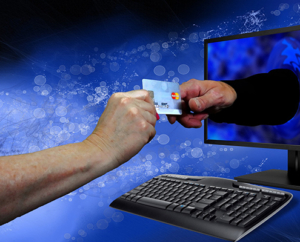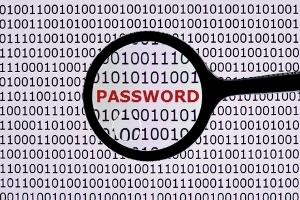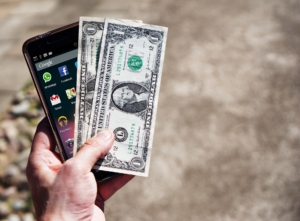Protect your USPS Mail from Getting Stolen
USPSID stands for U.S. Postal Service Informed Delivery. It is a good thing to sign up for because it informs you of your expected deliveries.
 But there’s a problem: Someone ELSE could pose as you and sign up for this service, getting your mail before you have a chance to.
But there’s a problem: Someone ELSE could pose as you and sign up for this service, getting your mail before you have a chance to.
In fact, it has already happened. Crooks have signed up as other address owners and collected their mail.
This can lead to credit card fraud if some of that mail includes new credit cards or credit card applications.
And what if the mail includes a check? The thief could find a way to get it cashed. What a thief could do with your mail is limited only by his or her imagination.
Krebsonsecurity.com reports that seven crooks in Michigan used the USPS to, not surprisingly, apply for credit cards via those applications that we all get.
Then they waited for the new cards to arrive. They knew just when they’d arrive, too, and planned to raid the owner’s mailbox on that date. Of course, the owners never even knew that the cards were applied for.
The crooks obtained the cards and spent a total of about $400,000. Needless to say, they didn’t bother stealing the bills.
Though a key on your mailbox will surely help, you can add an extra layer of protection by emailing eSafe@usps.gov to opt out of the service. This will prevent anyone from using it in your name.
KrebsOnSecurity reports that this email address may be inactive. So at least have your mailbox fashioned with a lock – even if you do get a response from that email address.
Another thing you can do is get a credit freeze, though this doesn’t guarantee 100 percent that a thief won’t be able to sign up your address with the USPS, but the freeze will prevent new credit cards being opened in your name.
What Else Can You Do?
- Check your existing credit card statements every month for any odd or unfamiliar charges and report them immediately even if the amount is small.
- Contact credit reporting agencies (Equifax, Experian and TransUnion) and sign up for alerts to any changes in your credit report.
- Can’t be said enough: Get a locking mailbox, there’s simply too much sensitive information not to.
Robert Siciliano personal security and identity theft expert and speaker is the author of Identity Theft Privacy: Security Protection and Fraud Prevention: Your Guide to Protecting Yourself from Identity Theft and Computer Fraud. See him knock’em dead in this Security Awareness Training video.


 Creating Passwords that are Unique
Creating Passwords that are Unique WRONG.
WRONG. Never, ever enter your credit card or other sensitive information to claim a gift card that comes via email.
Never, ever enter your credit card or other sensitive information to claim a gift card that comes via email. For now, we have to figure out a way to keep this appendage juiced up without being lured into a data-sucking battery-charge station.
For now, we have to figure out a way to keep this appendage juiced up without being lured into a data-sucking battery-charge station. Regardless of who gave you the card, you should always practice security measures. Below are two common ways that fraudsters operate.
Regardless of who gave you the card, you should always practice security measures. Below are two common ways that fraudsters operate.























